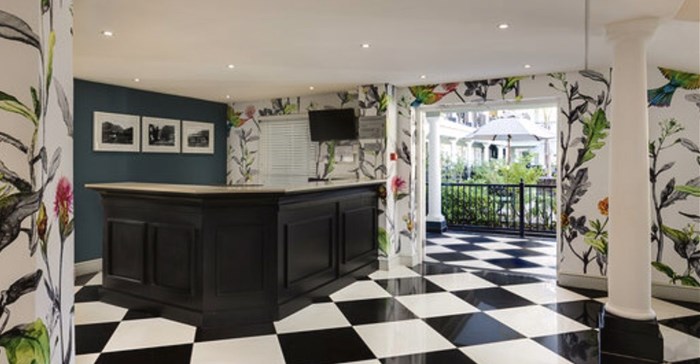






The owner and manager of Delta Design explains that, from a design perspective, much of his role involves negotiating between the owner of the venue, on the one hand, and the architect and the contractor on the other. This us/them dichotomy can essentially apply to any property developments and office space where landlords and tenants face pretty much the same issues.
Negotiation is inevitable. “Whichever party contracts me inevitably feels that they are being held to ransom by the other party”. Does every negotiation go well? “Hell no”, says Grant.
The experience of having been on all sides of all problems enables the designer to quickly, easily and, most importantly, cost effectively, drill down to the fundamental issues at hand. A designer is a little like the specialist who must tend to all the medical problems that the GP can’t handle.
Most of the problems can be summarised as unrealistic expectations in terms of the ability of the infrastructure to generate the expected returns. Sometimes owners expect yields that the venue just does not have capacity to generate: that is a fundamental problem. Without the infrastructure necessary to generate the required revenue, long term bad news for the owner is likely to result. That’s where a design ‘negotiator’ comes in.
As such, he feels that all too often hotels and restaurants are designed around aesthetics at the cost of functionality. Although there are many amazing architects designing incredible looking buildings and venues, very few, he feels, truly accommodate the flow patterns essential for maximising an owner’s investment.
This ‘error’ is a massive problem out there because the flow and functionality of any hospitality venue, or for that matter any retail venue, engender a beneficial experience for customers. Gillis spends a great deal of time asking customers how they measure their experience and has found, generally speaking, that satisfaction in an experience is not specific, but a sense of well-being, an emotional experience where customers either get a warm fuzzy feeling, or they don’t.
The essence of his theory is that a venue that is well-designed and functional will not only adds to the customer experience, but will directly impact on maximising potential revenues and return on investment (ROI). It is this attention to ROI that encourages Grant to regard himself as a hostage negotiator. In his words, “When I say I am a hostage negotiator, I understand that your capacity as an operator to produce results is directly related to the infrastructure, design and flow you have before you”.
Gillis made a name for himself as the go-to-guy when it comes to designing retail and hotel spaces in South Africa and can be credited with various major projects, most notably Vodacom, The Jupiter Drawing Room, Blackberry and Planet Hollywood.
A few years ago he teamed up with Guy Stehlik, CEO and founder of Bon Hotels to offer the South African, and moreover the African sector, their hotel design, architecture, refurbishment and asset management services.